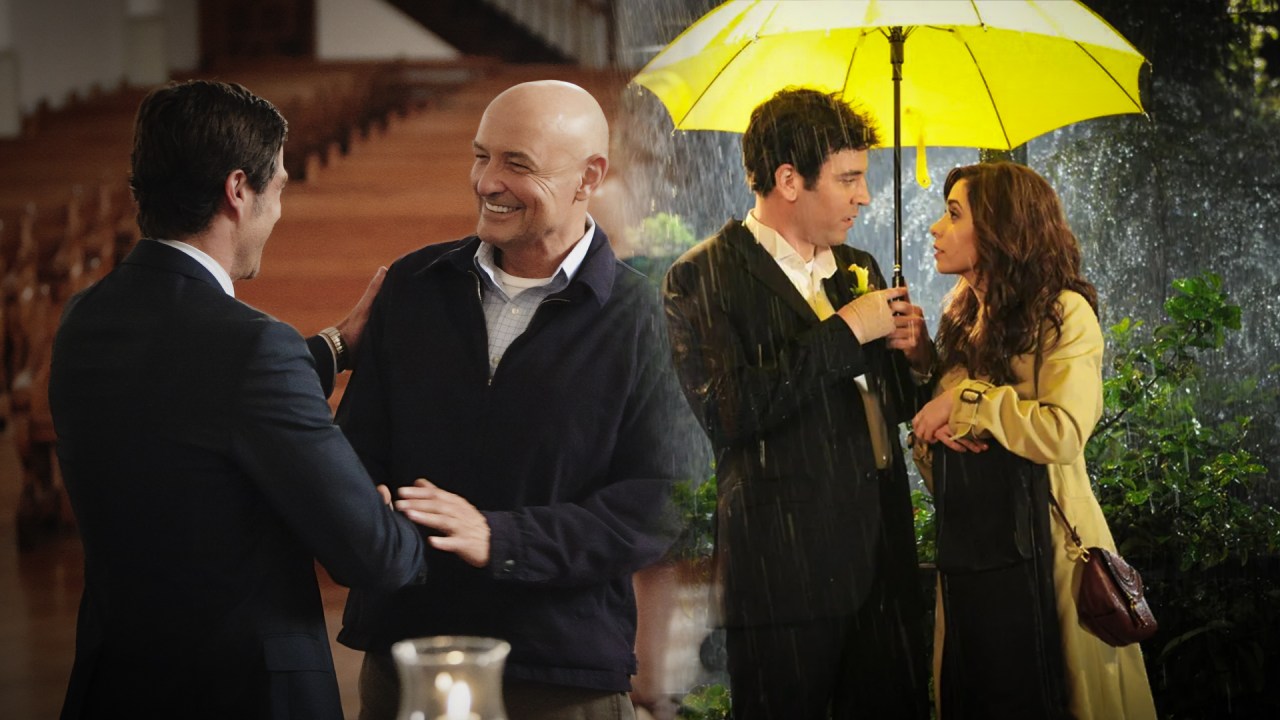
7 Disappointing TV Show Finales That Left Fans Wanting More
Ending any TV series on a high note involves all kinds of unique challenges, especially when the series commands legions of fans or has aired on television for a significant amount of time. Thankfully, some TV shows manage to safely navigate this precarious landing, concluding their series in a bittersweet, emotional, incredibly cathartic manner.
On the opposite side of the spectrum, it’s hard to ignore the countless TV shows that fumbled their long-awaited conclusions, ushering in finales that left fans exasperated, frustrated, or flat-out heartbroken. From fan-favorite sitcoms to riveting fantasy dramas, these TV series forever tarnished their reputation with their disastrous finales, ending with a simmer instead of a thunderous bang.
Game of Thrones

By the time Game of Thrones entered its seventh and final season, the series had risen to the very forefront of contemporary pop culture, climbing to the same heights as Star Wars, Harry Potter, or The Lord of the Rings. When it came to its final few episodes, though, creators David Benioff and D. B. Weiss struggled to piece together the branching storylines they’d built throughout the previous few seasons, culminating in a panned finale that bloated, rushed, and inconsistent with everything that came before it.
How I Met Your Mother
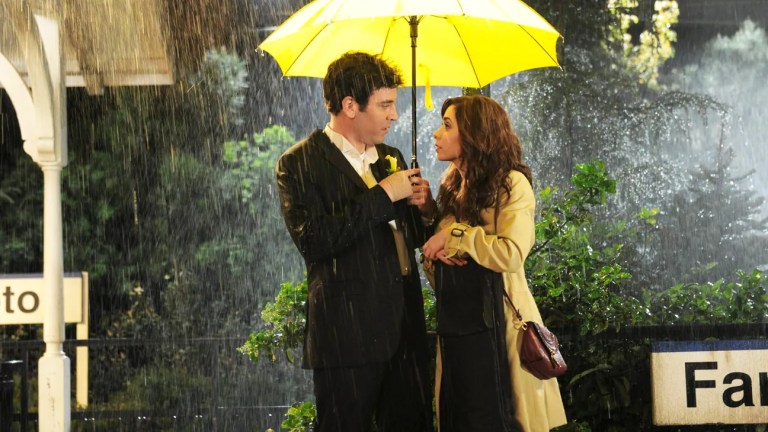
To be fair, How I Met Your Mother’s final episode certainly caught everyone by surprise, bringing certain long-running narrative arcs to a close in a shocking and unexpected manner. Unfortunately, the exact way that “Last Forever” tied up these storylines garnered a polarized response from dedicated viewers, with almost everyone heaving a collective sigh as they watched Ted once again reunite with Robin (a resolution that undermined their individual character growth throughout the series).
Seinfeld
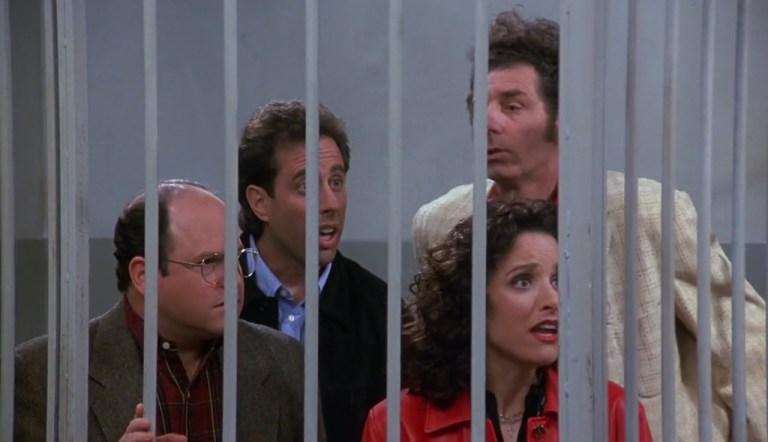
When most people think of disappointing series finales, there’s a decent chance that Seinfeld’s final episode immediately jumps to mind. Memorably bringing back some of the series’ most popular characters, there’s no refuting “The Finale”’s ensemble lineup of guest stars, from Elaine’s on-again, off-again boyfriend David Puddy to Jerry’s vindictive archnemesis, Newman. However, “The Finale”’s harebrained conclusion left fans more than a little let down, wrapping up an otherwise perfect sitcom with a middling series finale.
Dexter
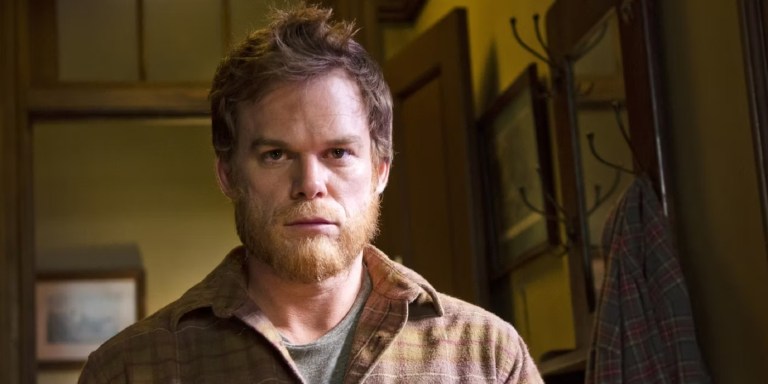
Few shows have experienced such a serious drop in quality quite like Showtime’s Dexter. Earning rave reviews in its initial inception, Dexter’s favorable place among fans and critics started to waver by the start of the 2010s. Following the show’s critically hailed fourth season, Dexter became a shadow of its former self by season five, thanks in large part to inconsistent writing, poor characterization, and repetitive storylines. Far from measuring up to the heights of its earlier seasons, Dexter’s final episode, “Remember the Monsters,” fell into the same gaping hole as the show’s latter seasons.
Killing Eve

It’s always tragic whenever a show of superior quality devolves into a gradually worsening series as time goes on. Such is the case with Killing Eve, the brilliant espionage series that breathed fresh life into the traditional spy genre. Though the first two seasons are nothing short of phenomenal, the departure of head writers Phoebe Waller-Bridge (after season one) and Emerald Fennell (after season two) ultimately sealed Killing Eve’s fate. Limping along for two more disastrous seasons, Killing Eve came crashing to a halt with the release of “Hello, Losers”–a final slap in the face to all those who stood by the series’ side from the very beginning.
Lost
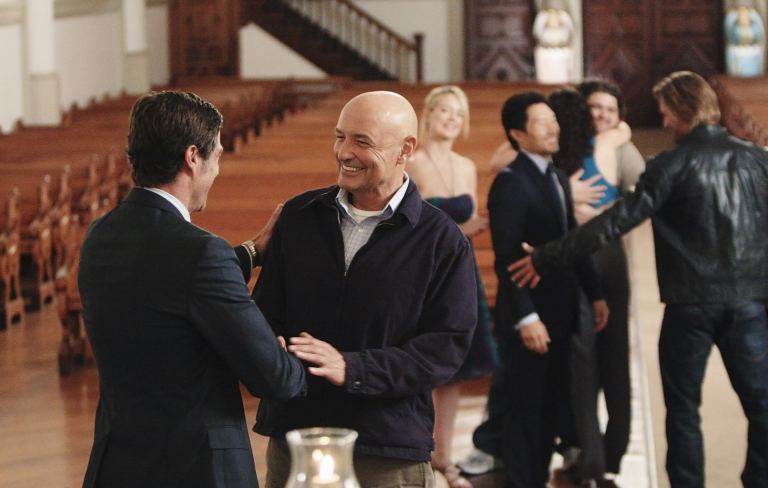
There’s a reason nobody really talks about Lost anymore compared to some of its contemporaries. Despite its universal popularity in the mid to late 2000s, Lost’s very last episode left audiences deflated and more than a little confused. Leaving far more questions unaddressed than it did actually answering them, most viewers could only raise an eyebrow at “The End”’s mystifying content, permanently muddying the legacy of this once great sci-fi fantasy series.
Pretty Little Liars

Like many series before and after it, the appeal Pretty Little Liars once held for millions of fans worldwide started to wear thin as time went on. Rather than ending on a high note with its third or fourth seasons, the series continued on far past its logical conclusion, contributing to a series finale that had viewers clenching their fists in white-hot anger and annoyance. (The true identity of “A.D.” alone will leave you speechless, and not in a good way.)











